Search Results
Showing results 21 to 35 of 35
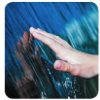
Below the Surface: Surface Tension II
Source Institutions
In this activity learners explore surface tension. Why are certain objects able to float on the surface of water and how do detergents break the surface tension of water?

Changing the Density of an Object: Adding Material
Source Institutions
Learners see that a can of regular cola sinks while a can of diet cola floats. As a demonstration, bubble wrap is taped to the can of regular cola to make it float.
Build A Hydrometer
Source Institutions
In this activity, learners will explore how a hydrometer works by building a working model and conducting experiments.

Boats Afloat
Source Institutions
In this water activity, learners build boats that float and sink. First, learners listen to the book, "Who Sank the Boat" and practice making predictions throughout the story.
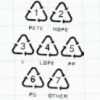
Sink or Swim?
Source Institutions
In this activity, learners identify different plastics in a mystery bag. Learners discover that plastics are classified #1 through #7.
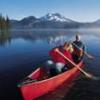
Can You Canoe?
Source Institutions
In this activity, learners explore how engineering has impacted the manufacturing of canoes over time, including the development of new, durable, and lighter materials.
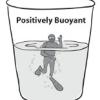
Oh Buoy!
Source Institutions
Learners work in pairs to design, construct, and test a device that exhibits positive, neutral, and negative buoyancy. They test a number of different objects in water to see if they sink or float.
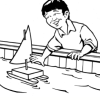
Prepare for a Dock Shop Field Trip
Source Institutions
In this activity, learners explore what makes a boat float and sink. They examine and test various objects to determine why objects float or sink.
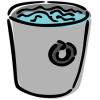
Water Exploration Station
Source Institutions
In this activity (located on page 3 of the PDF), learners investigate the way water moves and how we can control and direct water.
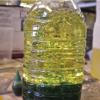
Gassy Lava Lamp
Source Institutions
In this activity, learners use oil, water, food coloring and antacid tablets to create a bubbling lava lamp. Use this activity to introduce concepts related to density, hydrophobicity vs.
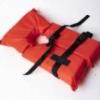
Life Vest Challenge
Source Institutions
In this activity, learners explore the engineering behind life vests or personal flotation devices and the challenges met by these devices.

Plankton Races
Source Institutions
In this two-part activity, learners investigate buoyancy, density and surface area as well as biodiversity and the relationship between the structure and function of organisms.
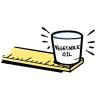
Comparing the Density of Different Liquids
Source Institutions
Learners carefully pour vegetable oil, water, and corn syrup in any order into a cup and discover that regardless of the order they are poured, the liquids arrange themselves in layers the same way.
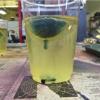
Oily Ice
Source Institutions
In this activity, learners experiment with the density of ice, water, and oil. Learners will discover that the density of a liquid determines whether it will float above or sink below another liquid.
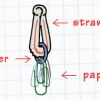
Deep Sea Diver
Source Institutions
In this ocean engineering activity, learners explore buoyancy and water displacement. Then, learners design models of deep sea divers that are neutrally buoyant.
